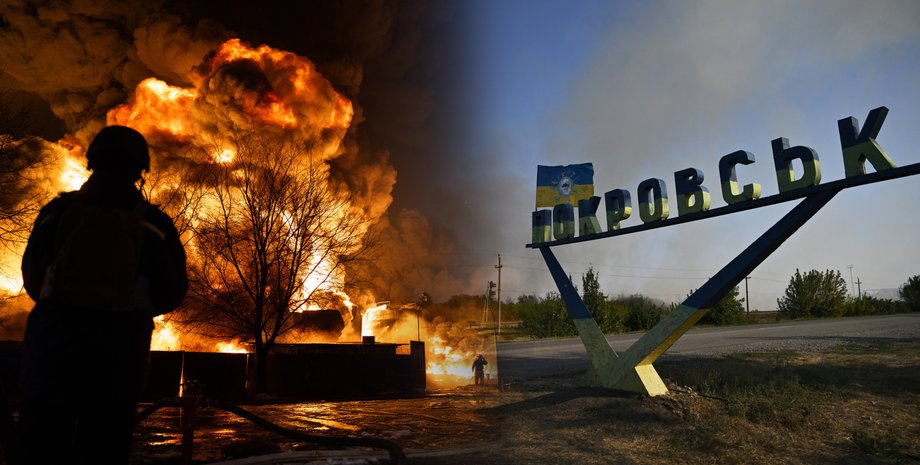
 By Victor Duda
By Victor Duda
According to him, the city is surrounded on three sides and the Russians are penetrating deeper and deeper into its center, but despite the fact that the fighting lasted for 18 months, it cannot be called a turning point. "While this is a defeat for Kyiv, it should not be seen as a turning point. This battle is important for many reasons, reflecting the changing operational and political context of this phase of the conflict," Galeotti writes.
He noted that the Commander-in-Chief of the Armed Forces of Ukraine Oleksandr Syrskyi denied on November 12 that the Russian Armed Forces controlled Pokrovsk or surrounded the Defense Forces group, but since then more evidence of Russian activity in the city has appeared.
The war in the Pokrovsk region does not have a clear front line, it is being fought by small fire groups and Ukrainian fighters are still setting up defensive structures in the city, but Galeotti believes that the turning point in the battles for Pokrovsk has already arrived. "Although the 1st Azov Corps has achieved some success north of Pokrovsk, the chances of a Ukrainian counterattack on the city itself seem slim," the columnist writes.
At the same time, he adds that the fighting in the northeast of Ukraine will continue, and in the rest of the unoccupied territory of the Donetsk region, fortified settlements will continue to stand, and the Russians will need even more time to capture them than they spent on Pokrovsk.
At the same time, Galeotti suggests that Russian President Vladimir Putin sent 150,000 occupiers to capture Pokrovsk and was ready to suffer tens of thousands of casualties because he needed the city to demonstrate his successes on the battlefield to US President Donald Trump.
According to the observer, the offensive of the Russian Armed Forces on Pokrovsk was facilitated by thick fog, which hid the invaders from Ukrainian scouts and drone operators, the numerical advantage of the Russians and the possibility of bringing fresh units into the battle. The British journalist writes that Ukraine, in turn, diverted units for reinforcements from other directions, and this enabled the Russians to advance relatively quickly in the south.
"The 90th tank division is advancing through open terrain to Gulyaipol, where the Donetsk, Dnipropetrovsk and Zaporizhia regions meet. Now they are five miles from the city," says Galeotti. He claims that winter may be on the side of the Russians, and Ukraine still needs to win the battle for Trump's attention. "The harsh truth is that the Ukrainians do not have enough soldiers to cover every vulnerable point on the front line.
So Pokrovsk, like all cities, matters, and given Putin's lack of concern about losing his men, the Russians are probably satisfied," writes the columnist. Military commentator Bohdan Miroshnikov spoke about the situation in Pokrovsk in his Telegram channel on November 16. According to him, intense fighting is going on in this direction, and the occupiers were able to infiltrate Myrnograd.










All rights reserved IN-Ukraine.info - 2022